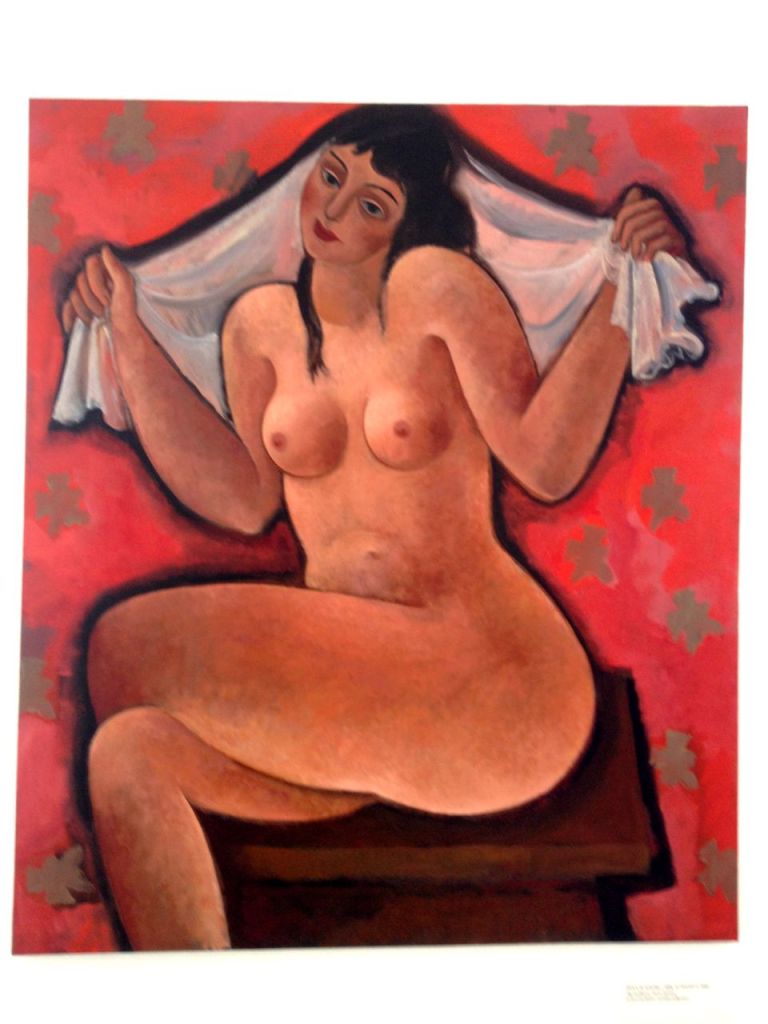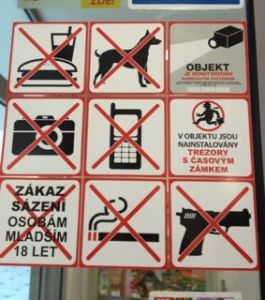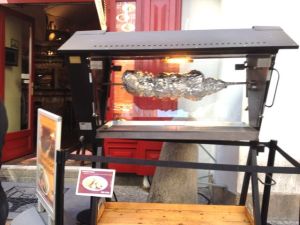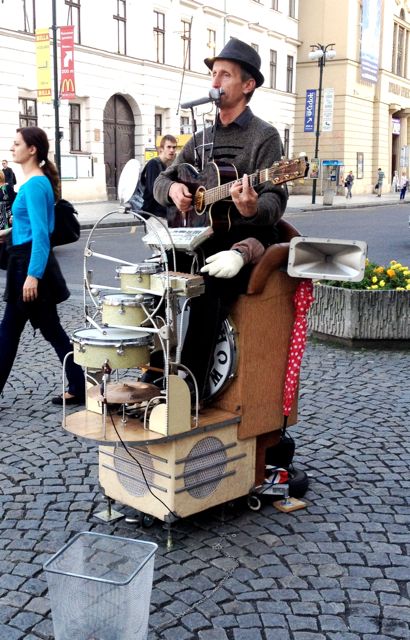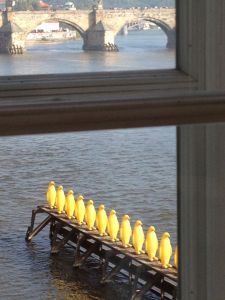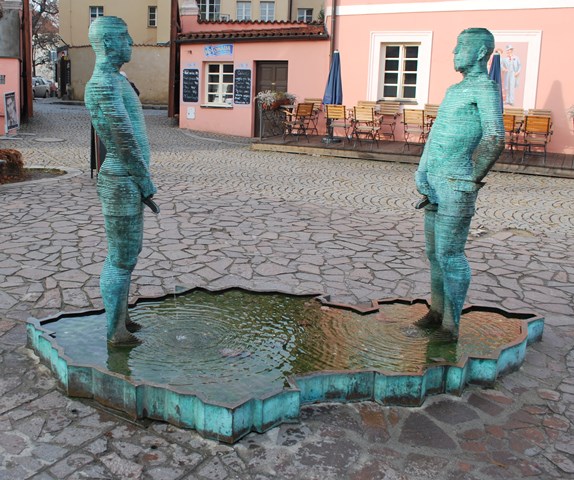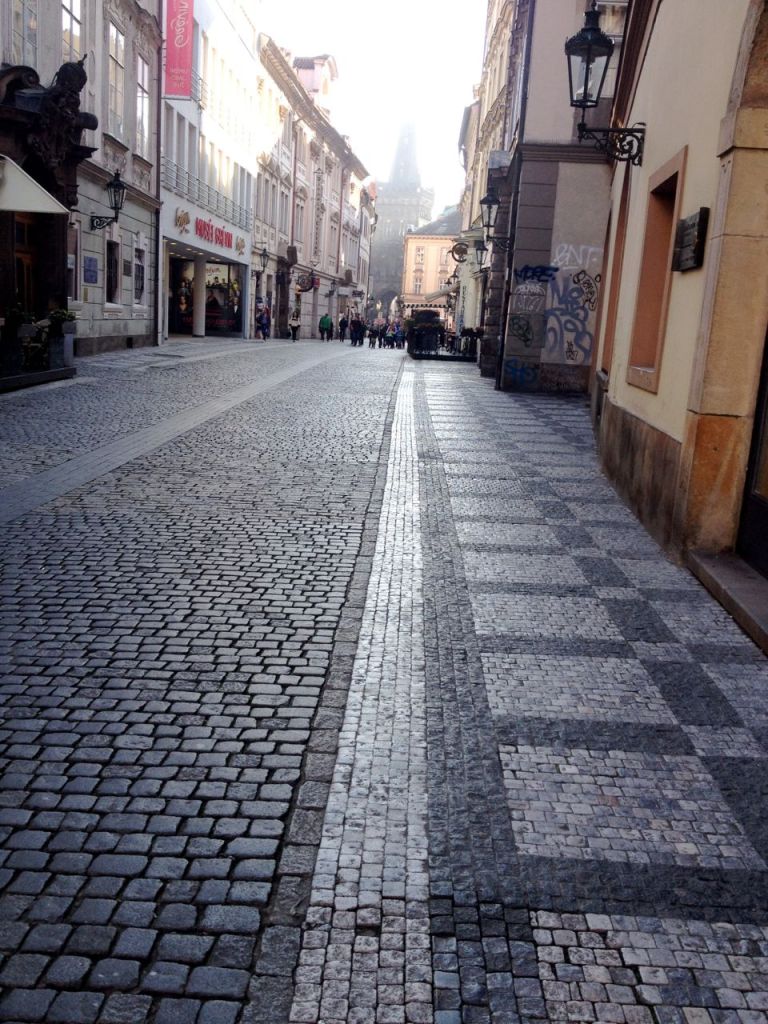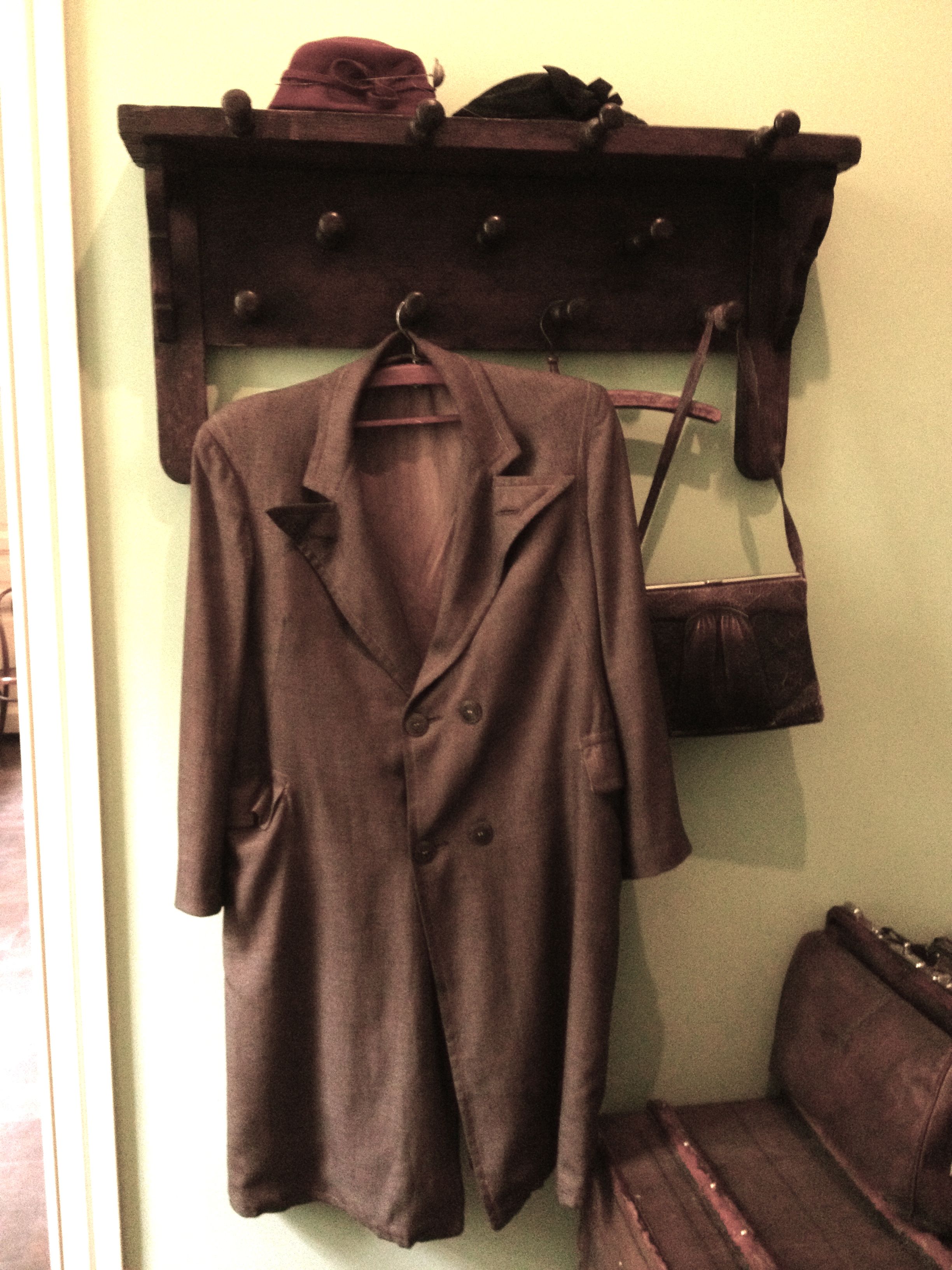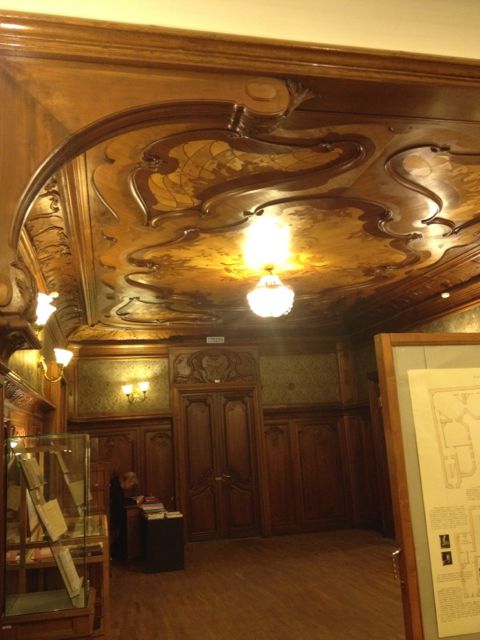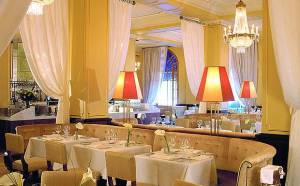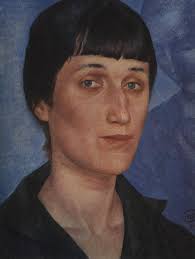We got on BART on a perfect sunny Wednesday afternoon in Berkeley, heading for the San Francisco airport and about 17 hours of flight + layover to get to St. Petersburg. I wondered just why we do this, leave one of the most beautiful, temperate, pleasant spots on earth to spend thousands of dollars to go someplace else for awhile. Part of it must be the atavistic pleasure of exploration–despite the internet and travel tips, heading to a foreign country is an adventure: different assumptions, customs, money.
 Just the windows in our hotel are a marvel–wood framed, quadruple-paned, with a large space inbetweem. They really insulate here!
Just the windows in our hotel are a marvel–wood framed, quadruple-paned, with a large space inbetweem. They really insulate here!
In the case of Russia, just walking around looking at a different alphabet (one I know, but not as well as English) makes me realize how much of reading is word recognition as opposed to reading letter by letter. How slowly and painstakingly I sound out the simplest words until I recognize them. Not to mention trying to decipher prices that are in the hundreds or thousands of roubles. A cup of borscht for 390 roubles?
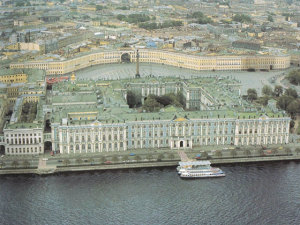 But it’s also the pleasure of encountering the culture of another country. We spent several hours at the Hermitage Museum, yesterday. The grandeur of the hundreds of ornate rooms, gilding, parquet, mosaic, malachite, lapis, marble staircases, pillars, elaborate moldings and inlaid doors and tables, vaulted ceilings with painted frescos…there’s simply nothing like this on the American continent.
But it’s also the pleasure of encountering the culture of another country. We spent several hours at the Hermitage Museum, yesterday. The grandeur of the hundreds of ornate rooms, gilding, parquet, mosaic, malachite, lapis, marble staircases, pillars, elaborate moldings and inlaid doors and tables, vaulted ceilings with painted frescos…there’s simply nothing like this on the American continent.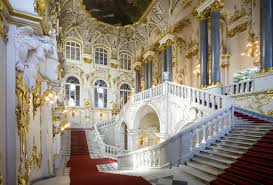
Continue reading “Thoughts on travel” →
 At the Kampa Museum there was a retrospective of the Czech artist, Richard Fremund. You’ve never heard of him? Either had we. He was born in 1928, and died in a car wreck in 1969.
At the Kampa Museum there was a retrospective of the Czech artist, Richard Fremund. You’ve never heard of him? Either had we. He was born in 1928, and died in a car wreck in 1969.